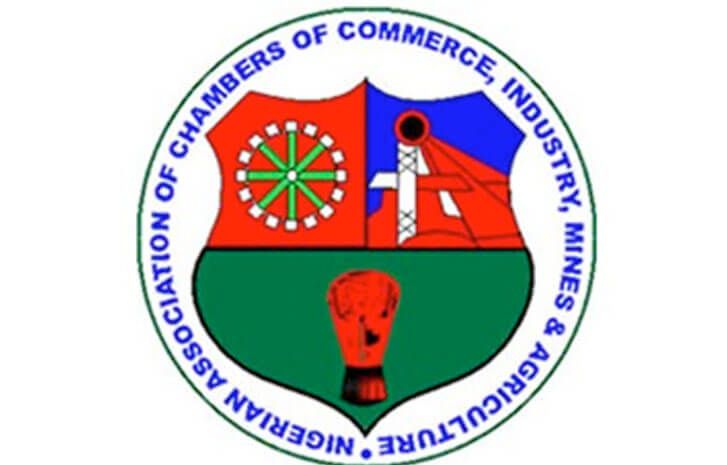The Nigerian Association of Chambers of Commerce, Industry, Mines, and Agriculture (NACCIMA) and the Organised Private Sector of Nigeria (OPSN) have submitted a memorandum to the National Assembly opposing the proposed taxation of Free Trade Zones (FTZs).
In the memorandum to the National Assembly, NACCIMA and the OPSN called on the National Assembly to remove sections of the Nigeria Tax Bill 2024 that impose new tax burdens on Free Trade Zones.
They argued that the proposed changes in the tax bill, which introduce mandatory minimum tax rates and eliminate tax exemptions previously granted under NEPZA and OGFZA, could lead to capital flight, job losses, and legal disputes that would disrupt economic stability.
The National President of NACCIMA, Dele Kelvin Oye, raised concerns that the bill’s provisions would subject FTZs to state and local government taxes, a departure from the original legal framework that protected these zones from multiple taxation.
Oye, who is also the Chairman of the Organised Private Sector in Nigeria, highlighted key recommendations, including the removal of the proposed tax provisions affecting FTZs, an amendment of the Nigeria Export Processing Zones Authority (NEPZA) and Oil and Gas Free Zone Authority (OGFZA) laws to maintain tax incentives, and a suspension of the new tax laws for 10 to 15 years to allow businesses to adjust their financial models.
He said: “Today, Nigeria boasts several successful Free Trade Zones, including the Lekki Free Zone, Onne Oil and Gas Free Zone, and others. These zones have collectively attracted over $200 billion in foreign investments and created more than 600,000 jobs.
“They play a pivotal role in Nigeria’s economic growth by enhancing export activities and providing a regulatory framework that facilitates business operations.4. Private Sector Leadership in FTZ Operations. It is vital to highlight that the majority (98%) of the Free Trade Zones in Nigeria are privately owned and developed.















